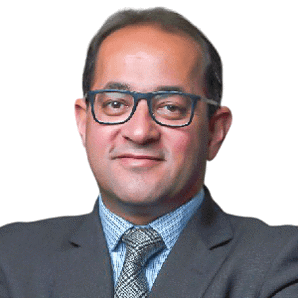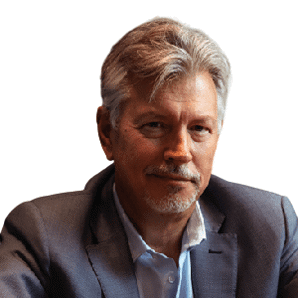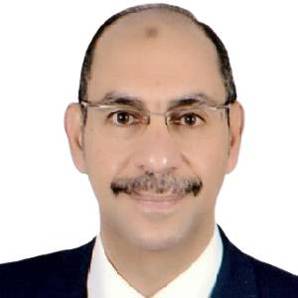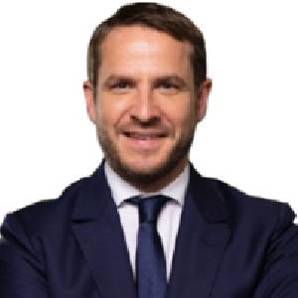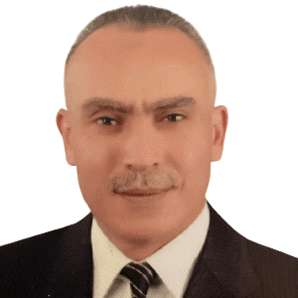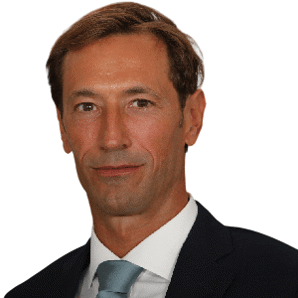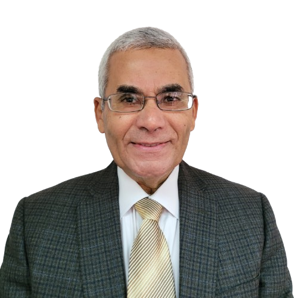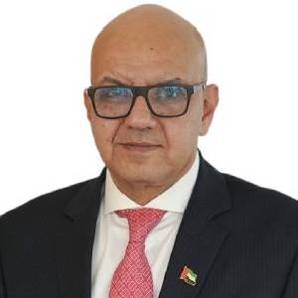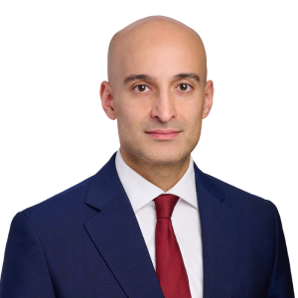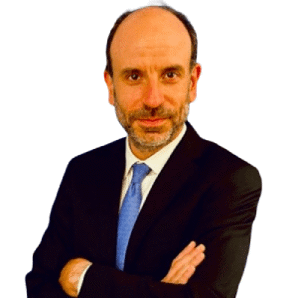ALIGNING CAPITAL WITH ENERGY SECURITY AND SUSTAINABILITY
The energy trilemma, geopolitical tensions, and underinvestment in fossil fuels have driven oil prices to record levels, disrupting trading relationships and prompting global markets to prioritise energy independence. In response, energy security and affordability has become an urgent policy focus for governments.
To address short-term needs, many countries have rolled back green policies to stabilise energy supply chains and limit price shocks, delaying the transition to cleaner fuels. This has led to increased investment in boosting natural gas and oil production, efforts to diversify energy sources, and the formation of regional partnerships to ensure both national and global energy resilience.
While governments and the global energy industry remain committed to achieving net-zero by 2050, there is a growing consensus that the path to decarbonisation will require a more pragmatic and balanced approach, where capital is gradually deployed towards low-carbon technologies and infrastructure.
The EGYPES 2025 Finance and Investment in Energy Conference will gather policymakers, energy leaders, economists, finance and investment experts to drive meaningful dialogue on how global economies can build a resilient energy future to balance immediate energy security and affordability concerns, while financing the energy transition.
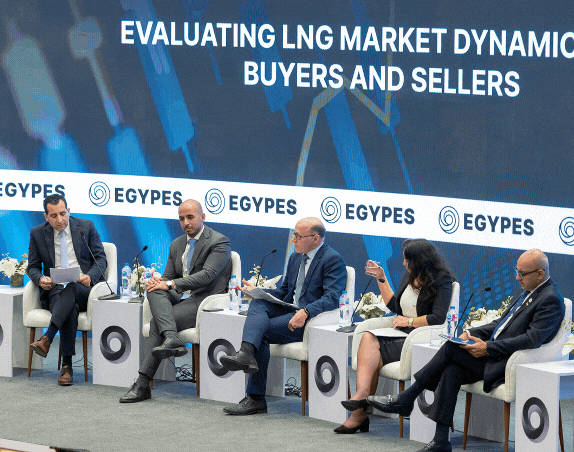
2025 SPEAKERS
2025 AGENDA
Wednesday, 19 February 2025
10:00 - 10:10
10:10 - 10:50
PANEL DISCUSSION
The New Pragmatism: Confronting the Realities of the Energy Transition
Speakers
10:50 - 11:30
PANEL DISCUSSION
Bringing East Mediterranean Gas to Market
Speakers
11:30 - 12:10
PANEL DISCUSSION
Leveraging Strategic Infrastructure and Global Trade Networks for Gas
Speakers
12:10 - 12:50
PANEL DISCUSSION
Securing Supply: Investment in Exploration and Production
Speakers
12:50 - 13:50
LUNCH, EXHIBITION AND NETWORKING
13:50 - 14:30
PANEL DISCUSSION
Mobilising Capital for Low Carbon Fuels, Technologies and Infrastructure
Speakers
14:30 - 15:10
PANEL DISCUSSION
The Role of Banks and Financial Institutions in the Energy Transition
Speakers
15:10 - 15:50
PANEL DISCUSSION
Evaluating LNG Market Dynamics for Buyers and Sellers
Speakers
15:50 - 16:30
PANEL DISCUSSION
Looking Back at Oil and Gas M&A Activity in 2024, and What’s Ahead in 2025
Speakers



